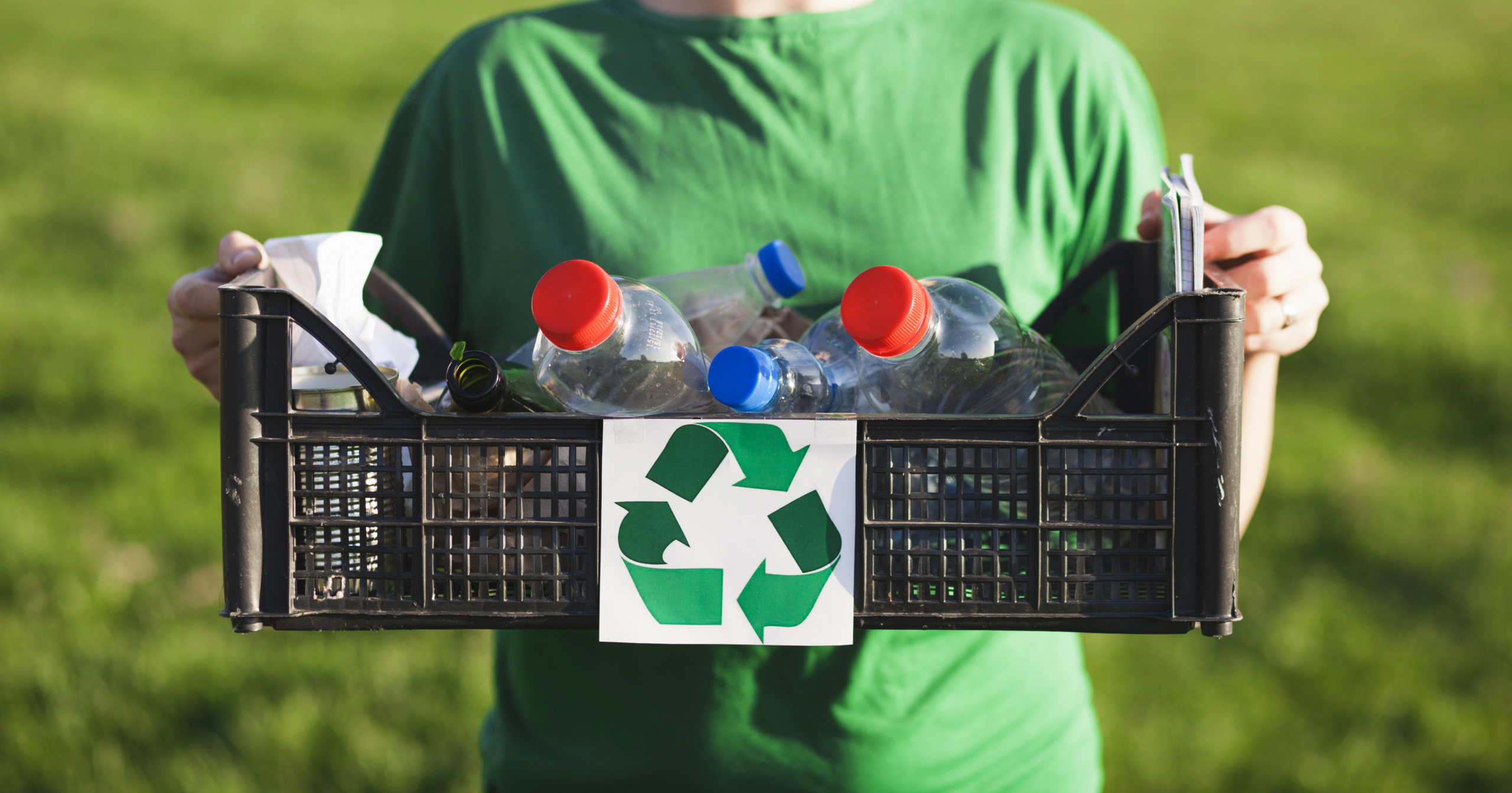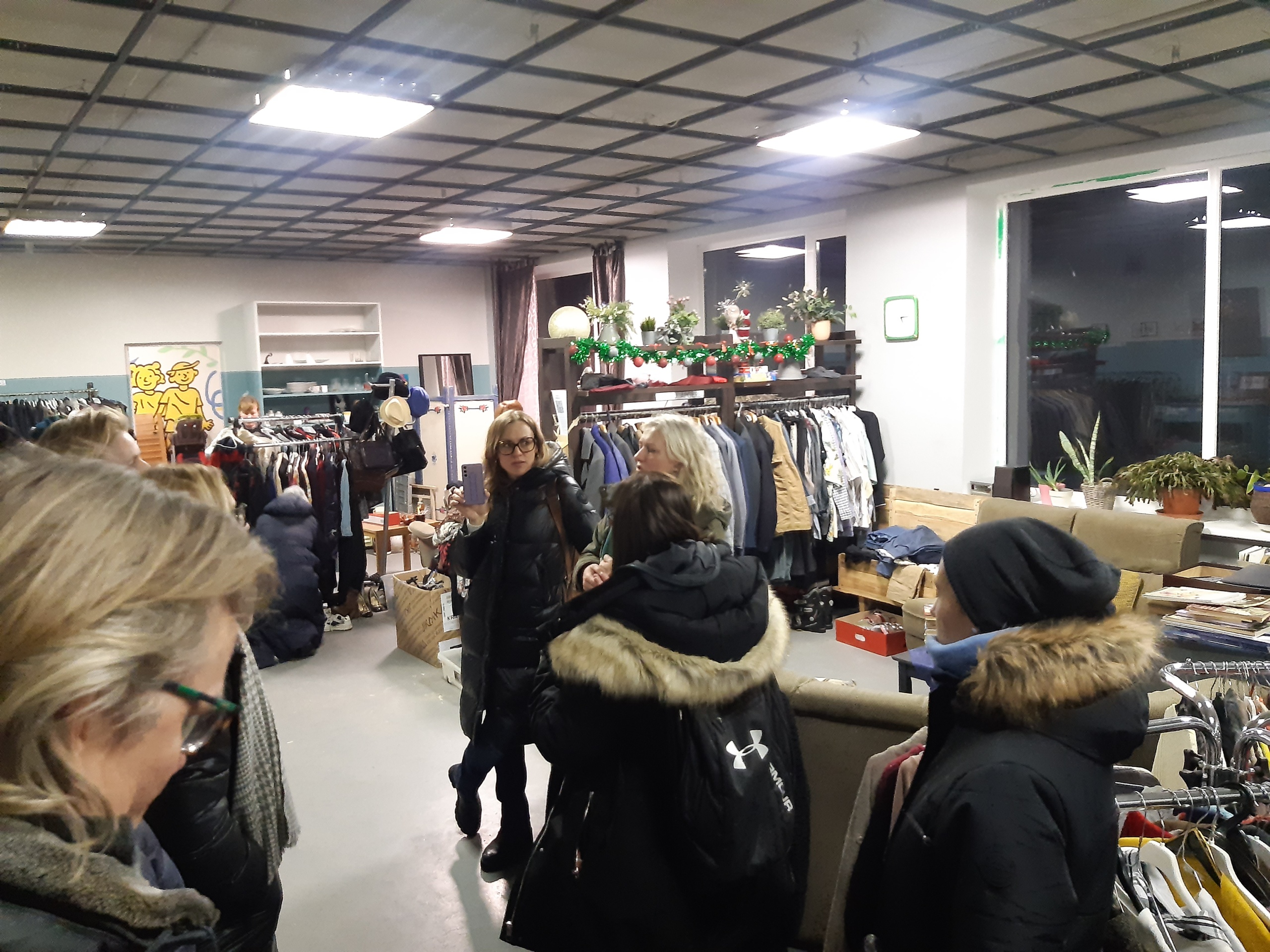CURE+ – Centres for Urban Resources, Reuse and Remanufacture
Educating municipalities on circular economy practices and fostering its uptake to reduce household-related construction and demolition waste in four European municipalities.
Circular Economy Climate Policy Municipalities Waste

Project info
Estonia, Greece, Latvia, Netherlands, Spain
12/22 - 03/25
Local governments, Public sector, Private sector, Non-governmental organisations, Educational institutions, Civil society
833,598.70 €
Contact info
Ieva Kalniņa
- Amsterdam University of Applied Sciences (AUAS)
- Elisava, Barcelona School of Design and Engineering
- Municipality of Kavala
- Tartu City Government
Background
Construction and demolition waste is the largest waste stream in Europe, accounting for 36 per cent of Europe’s total waste by weight with about 340 million tonnes between 2010 and 2018. The European Union’s (EU) Waste Framework Directive aims to prevent and reuse 70 per cent of this waste. By transitioning to circular economy practices – such as reusing, repairing, remanufacturing, and upcycling –, the EU aims at reducing the pressure on natural resources as well as at creating sustainable growth and jobs. However, recycling construction waste poses difficulties, as most of what is currently recovered is downcycled instead of recycled, resulting in losing most of its value.

Project
In cooperation with municipalities, non-governmental organisations, and civil society, the CURE+ project develops urban resource centres aiming to increase the reuse or upcycling of construction materials to reduce CO2 emissions and unnecessary resource depletion. The project brings together 5 partners from 5 countries – namely Estonia, Greece, Latvia, the Netherlands, and Spain – to increase the prevention, reuse, remanufacture, and upcycling of household-related construction and demolition waste (CDW). It will educate four participating municipalities on applying best practices for recovering CDW. This supports them in applying the circular economy practices adapted to their specific needs and, in the long term, contributes to a sustainable and resource-efficient society.
Last update: July 2024
